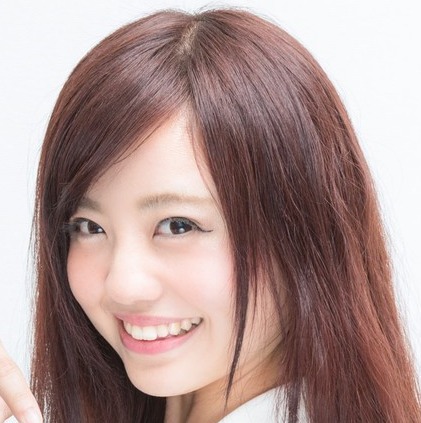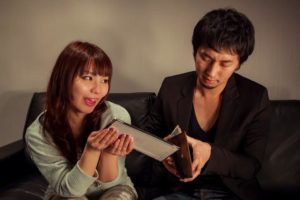ふるい vs. むかし:Don’t You Still Know What They Are?
What is the difference between “ふるい(furui) and むかし(mukashi)”? Which is used as the meaning “old”? After reading this, you would be answering this question. Let me introduce what their subtle differences are and how you correctly use them such as native speakers today!
ふるい (furui)
Old / 旧 / 오래된 / Cũ
“ふるい(furui)” means “Old” and which has been used as the meaning of “in or from the past”. The basic ways to use it are that “___はふるい。(___ is old.)”, etc. For instance, “車はふるい。(The car is old.)”, “本はふるい。(The book is old.)”, “このパソコンはふるい。(This computer is old.)”, etc. The tips for using it are that “SOMETHING HAS EXCITED FOR A LONG TIME.”, unlike “むかし”. Everyone could use “ふるい” as casual and polite such as “このパソコンはふるいよ。(This computer is old.)” as casual and “このパソコンはふるいです。(This computer is old.)” as polite and formal. Lastl, Kanji of “ふるい” is “古い”.
\ Learn Japanese language online with a personal native teacher!/
Sample
そんなに古いの? (Is it really that old?) (有那么旧吗?) (그렇게 오래되었어?) (Nó cũ đến thế rồi sao?)


お母さんは古い携帯を使ってます。 (My mother uses an old phone.) (我妈妈用的是旧手机。) (엄마는 오래된 휴대폰을 사용하고 있습니다.) (Mẹ tôi đang dùng chiếc điện thoại di động cũ.)


お父さんは考え方が古いです。 (My father has old-fashioned values.) (爸爸的思想过时了。) (아빠는 낡은 사고방식을 가지고 있습니다.) (Bố tôi suy nghĩ rất cổ hủ.)


この本はそんなに古くないよ。 (This book isn’t that old.) (这本书没那么旧。) (이 책은 그렇게 오래된 책이 아니야.) (Cuốn sách này không cũ đến mức như thế đâu.)
むかし (mukashi)
Used to, A long time ago / 以前 / 옛날 / Ngày xưa
“むかし(mukashi)” means “Used to or A long time ago.” and which has been used as the meaning of “done or experienced in the past, but no longer done or experienced”. The basic ways to use it are that “むかしは___。(I used to ___.)”, etc. For instance, “むかしは太ってた。(I used to be overweight.)”, “むかしはたばこを吸っていた。(I used to smoke.)”, “彼はむかし知り合った人です。(He’s someone I met a long time ago.)”, etc. The tips for using it are that “HAVING PREVIOUSLY BEEN A PARTICULAR THING.”, unlike “ふるい”. Everyone could use “むかし” as casual and polite such as “むかしは太ってたよ。(I used to be overweight.)” as casual and “むかしは太っていました。(I used to be overweight.)” as polite and formal. Kanji of “むかし” is “昔“.
Sample


昔は好きだったよ。 (I used to like it.) (我以前很喜欢它。) (옛날에는 좋아했어.) (Ngày xưa tôi đã từng thích nó đấy.)


昔は太っていました。 (I used to be overweight.) (我以前很胖。) (예전에는 뚱뚱했습니다.) (Ngày xưa tôi đã từng rất mập.)


昔はピアノを弾いていました。 (I used to play the piano.) (我以前弹过钢琴。) (옛날에는 피아노를 쳤습니다.) (Ngày xưa, tôi đã chơi đàn dương cầm.)


昔は簡単にできたよ。 (I used to do this easily.) (我以前很容易就做到了。) (예전에는 손쉽게 했었어.) (Ngày xưa, tôi đã có thể làm nó một cách dễ dàng đấy.)
\ Learn more! /









Comments